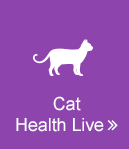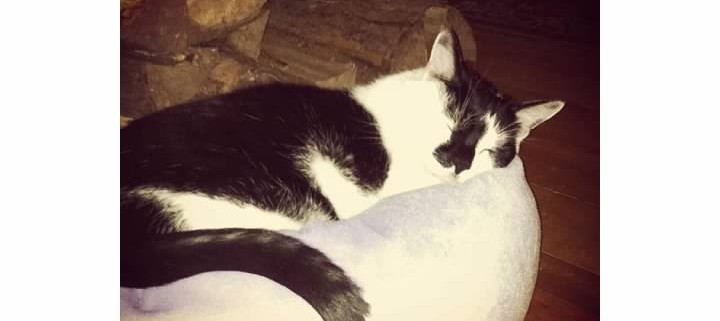Vitamin D Deficiency in Cats
Known as the “sunshine vitamin” because exposure to sunlight helps the body produce it naturally, vitamin D is an essential vitamin for cats, which means the cat’s own body does not produce a sufficient amount and therefore vitamin D must be included in the animal’s diet for the cat to maintain optimal health.
Vitamin D plays an indirect role in bone growth and maintenance by managing levels of calcium in the body. It controls absorption of calcium from the intestine, the movement of calcium in and out of bone, and the amount of calcium excreted by the kidneys. Muscles and nerves also require vitamin D for proper functioning. Insufficient vitamin D levels can lead to congestive heart failure in cats, as well as an increased risk for complications due to heart disease and bone disorders such as osteomalacia (softening of bones) and rickets (bone deformities). Research has also shown that low levels of vitamin D are linked to an increased risk of cancer.
The most common food sources of vitamin D for cats are liver, fish and egg yolks, but it can be found in beef and dairy as well. The Association of American Feed Control Officials (AAFCO) recommends adult cat food provide a minimum of 280 international units (IU) of vitamin D per kilogram of food, and no more than 30,080 IU per kilogram of food. However, this applies only to commercial pet foods. If you are feeding a home-prepared diet it is important to speak to a veterinarian with board certification in veterinary nutrition to ensure your cat is getting all the nutrients needed for optimal health. If you are concerned your cat isn’t getting sufficient vitamin D through diet alone, a multivitamin supplement formulated for cats is a great way to help provide nutrients in appropriately balanced levels.
It is important to note that vitamin D is a fat-soluble vitamin, which means excess amounts are not excreted through urine as with water-soluble vitamins, but are instead stored in the liver, fatty tissue and muscle. This inability to excrete extra vitamin D can lead to toxicity if given in large amounts. While cats can overdose on vitamin D if given too much through their diet, the most common causes are when they ingest prescription medications or rodenticides.
Vitamin D Studies
Rickets in lion cubs at the London zoo in 1889: some new insights.


